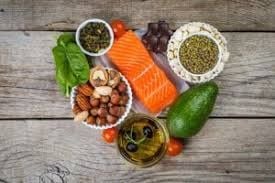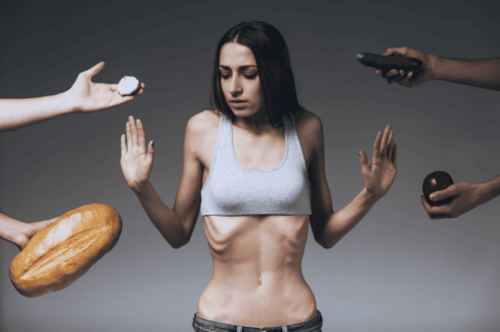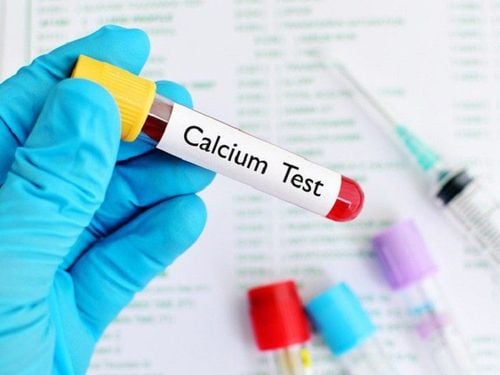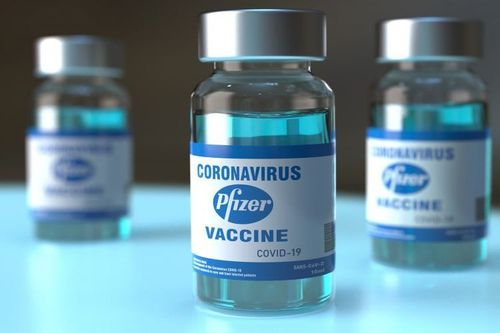This is an automatically translated article.
Some people being treated for cancer may be told by their doctor to follow a low-fiber diet. Because low-fiber foods will help control health better. However, these subjects should ask medical staff what special diet should be followed before, during or after treatment.
1. What is a low fiber diet?
Fiber is the part of fruits, vegetables and whole grains that are not digested by the body, and a low-fiber diet limits these foods. As a result, the amount of undigested matter passing through your large intestine is limited and stool volume is less. A low-fiber diet may be recommended for certain conditions or situations.
If you have certain health problems, you may be asked to reduce the amount of fiber in your diet to give your bowels a rest. A low-fiber diet reduces the amount of undigested food that moves through the intestines, so the body produces a smaller amount of stool. A low-fiber diet may be suggested after certain types of surgery or if you have diarrhea, cramps, or difficulty digesting food.
There are 2 types of fiber including:
Soluble fiber Insoluble fiber For insoluble fiber they will not dissolve in the stomach and can have rough pieces that irritate the intestines when passing via. Soluble fiber draws water into the intestines and becomes a gel. Foods with some soluble fiber can often be eaten in small amounts (depending on why you're on a low-fiber diet) because soft fiber gels don't irritate the gut in the same way.

Bệnh nhân ung thư được yêu cầu giảm lượng chất xơ trong chế độ ăn uống
In some medically related cases, your doctor may recommend that you eat a low-fiber diet if:
You have narrowing of your intestines due to a tumor or an infection You have had surgery bowel You are having treatment, such as radiation, that damages or irritates your digestive tract Once your digestive system returns to normal, you can slowly add more fiber to your diet.
2. Low-fiber foods
If your doctor tells you to follow a low-fiber diet, you need to stick to it and avoid foods with more fiber. Remember to always choose healthy foods and avoid foods that can trigger an allergic reaction.
If you are on a low residue diet, your foods are even more limited than the options listed below. You can talk to your cancer care team or dietitian if you have questions about certain foods or how much of them to include in your daily diet.
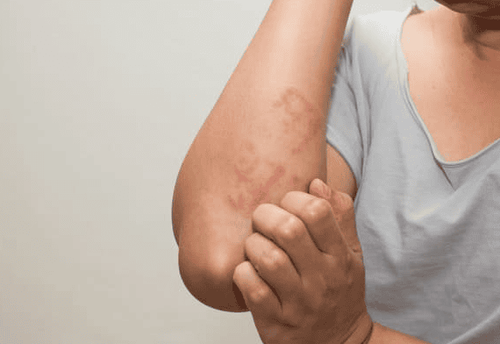
Người bệnh nên tránh xa các thực phẩm có thể gây dị ứng
3. Suggest some foods
Food in the diet of cancer patients plays an important role. So, what does cancer treatment eat? Here are some suggestions for food choices for this audience.
3.1. Meat, fish, poultry and protein
Cancer patients are advised by doctors to eat some of the following foods:
Soft meat Minced meat Tofu Fish and shellfish Smooth peanut butter Eggs baked or boiled with mild seasoning are recommended dishes for people undergoing cancer treatment. You can try making meats like stews, roasts, roasts, casseroles, sandwiches, and soups using the ingredients on the recommended list. Alternatively, you can ask your doctor, nurse, or dietitian about other foods that may allow you to eat and find out when you can return to your normal diet.
In addition, foods that are recommended to limit intake include:
All types of beans, nuts, peas, lentils and legumes Processed meat, sausages and cold cuts Ribbed meat
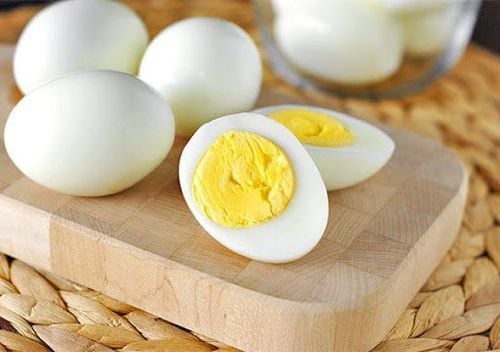
Bệnh nhân ung thư có thể được khuyên ăn nhiều trứng
3.2. Milk and cheese
You should only use milk or dairy products in small to medium amounts and make sure to only use them when they don't cause you problems
Milk, chocolate, skim milk and yogurt drinks seedless or granola Sour cream Cheese Sticks custard apple or pudding Ice cream or frozen desserts (seedless) Creamy sauces, soups and casseroles You can use these in desserts, foods light or bread.
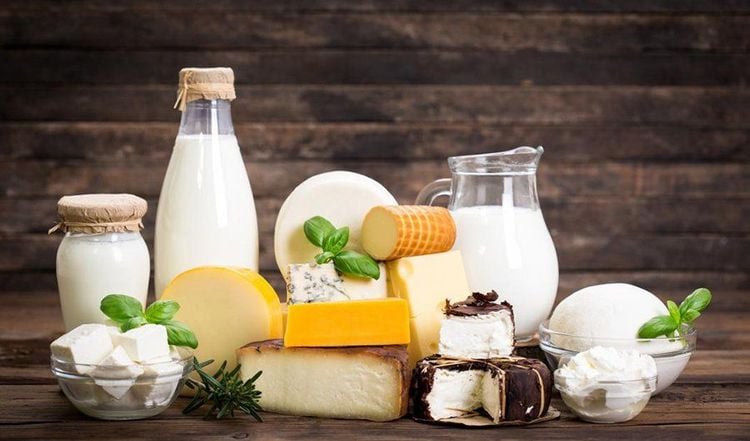
Sữa và pho mát được chỉ định sử dụng với hàm lượng vừa phải
3.3. Breads, cereals and cereals
Eat foods made from bread and grains such as:
White bread, waffles, French toast, plain white bread rolls or toast with white bread Cookies or pretzels Pasta or white rice noodles Crackers, zwieback, melba and matzo (no wheat or cracked whole grains) Cereals without whole grains, added fiber, seeds, raisins or other dried fruit Use flour white noodles for baking and making sauces. Grains, such as white rice, cream of wheat, or mash, must be thoroughly cooked.
For the following foods to avoid
Brown rice or wild rice Whole grains, cracked cereals or whole wheat products Kasha (buckwheat) Corn bread or cornmeal Cookies Crispy graham Bran, Wheat Germ Nuts Rolled Oats Coconuts Dried Fruits Seeds
3.4. Vegetables and potatoes
Soft cooked fresh or canned vegetables, without seeds, stems or skins. Cooked sweet potatoes or white potatoes without the skin. Filtered vegetable juices do not have the residue or seasoning we should eat.
You can also eat these vegetables with creamy sauces, or in soups, soups, kugel sandwiches and casseroles.
The sick person should also actively avoid the following foods:
All raw or steamed vegetables All legumes Potatoes with skin Peas corn Cabbage, broccoli, cauliflower, Brussels sprouts and vegetables green sauerkraut Onions
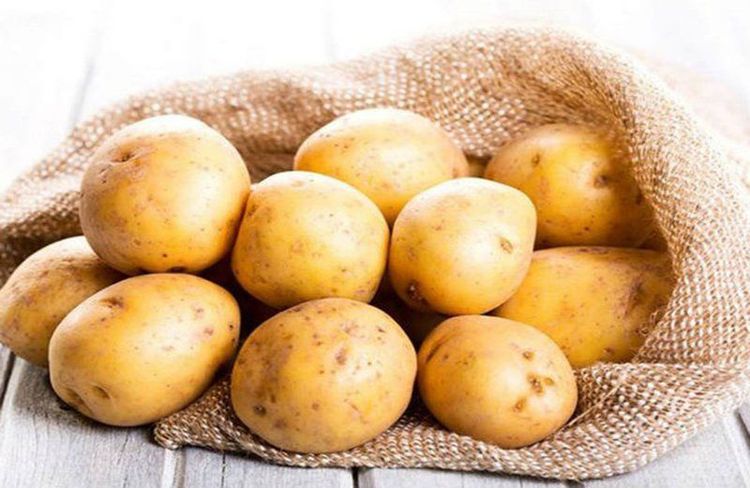
Khoai tây nấu ăn không có vỏ được khuyến khích sử dụng
3.5. Fruits and desserts
What foods to eat:
Soft cooked or canned fruit without seeds or skin (small amounts) Small amounts of well-ripened bananas Squeezed juices or in Small amounts of soft cantaloupe or honeydew Cookies and treats other desserts without whole grains. Dried fruit, berries, nuts or coconut soft drinks and popsicles Serving suggestions include gelatin , milkshakes, frozen desserts, puddings, tapioca, pastries and sauces.
Avoid foods:
All fresh or dried fruit Berries Dried plums, prunes and raisins
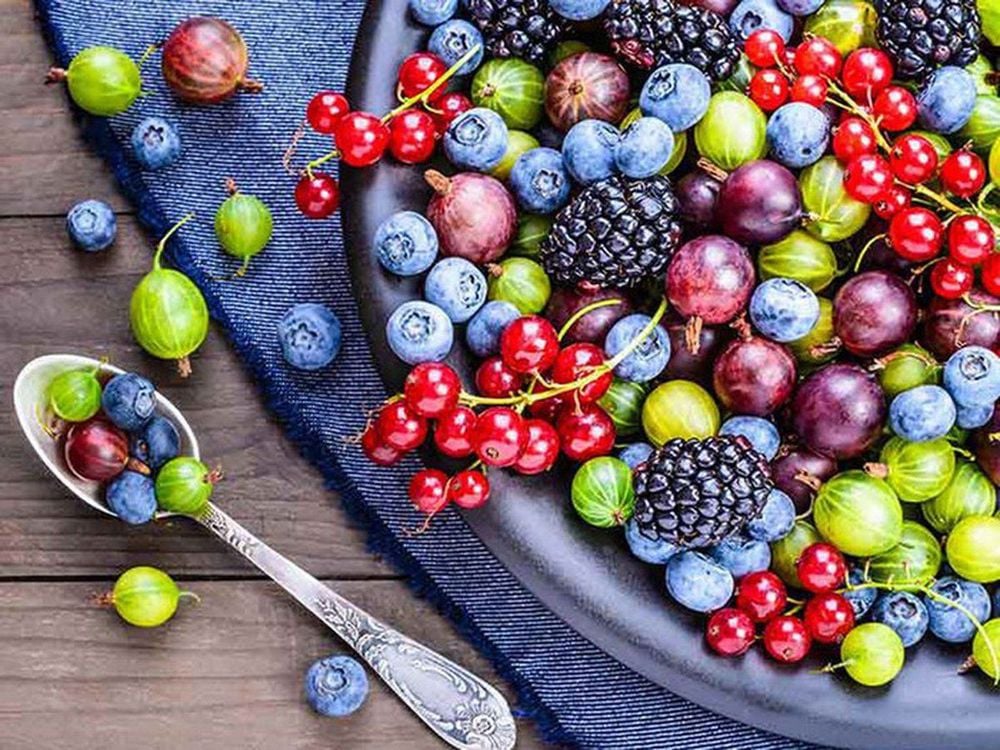
Một số loại quả mọng người bệnh không nên ăn
3.6. Other foods
Recommended foods:
Mayonnaise and light salad dressings Margarine, butter, cream and oils in small amounts Plain gravy and broth Light ketchup and mustard Spices, cooked herbs and salt Sugar, honey and syrup Jelly essence Hard candies and marshmallows Plain chocolate Avoid foods:
Orange jam Pickles, olives, cabbage and horseradish Popcorn Butter French fries Remember that foods are low in fiber This will cause you to have fewer bowel movements and smaller stools. You may need to drink extra fluids to help prevent constipation while on a low-fiber diet. Drink plenty of water and use juice and milk as noted above.
A healthy, scientific diet is really necessary for cancer patients. Depending on the condition and health of the patient, the diet will have certain changes. To help cancer patients maintain their health and receive better treatment interventions, you can refer to "Nutrition tips for cancer patients" shared by experts and doctors.
Oncology Department - Vinmec International General Hospital is currently a high-quality examination address with international standard services. Patients when using the examination service at Vinmec will be guided, consulted enthusiastically and performed a health check by qualified doctors.
Please dial HOTLINE for more information or register for an appointment HERE. Download MyVinmec app to make appointments faster and to manage your bookings easily.
References: cancer.org




